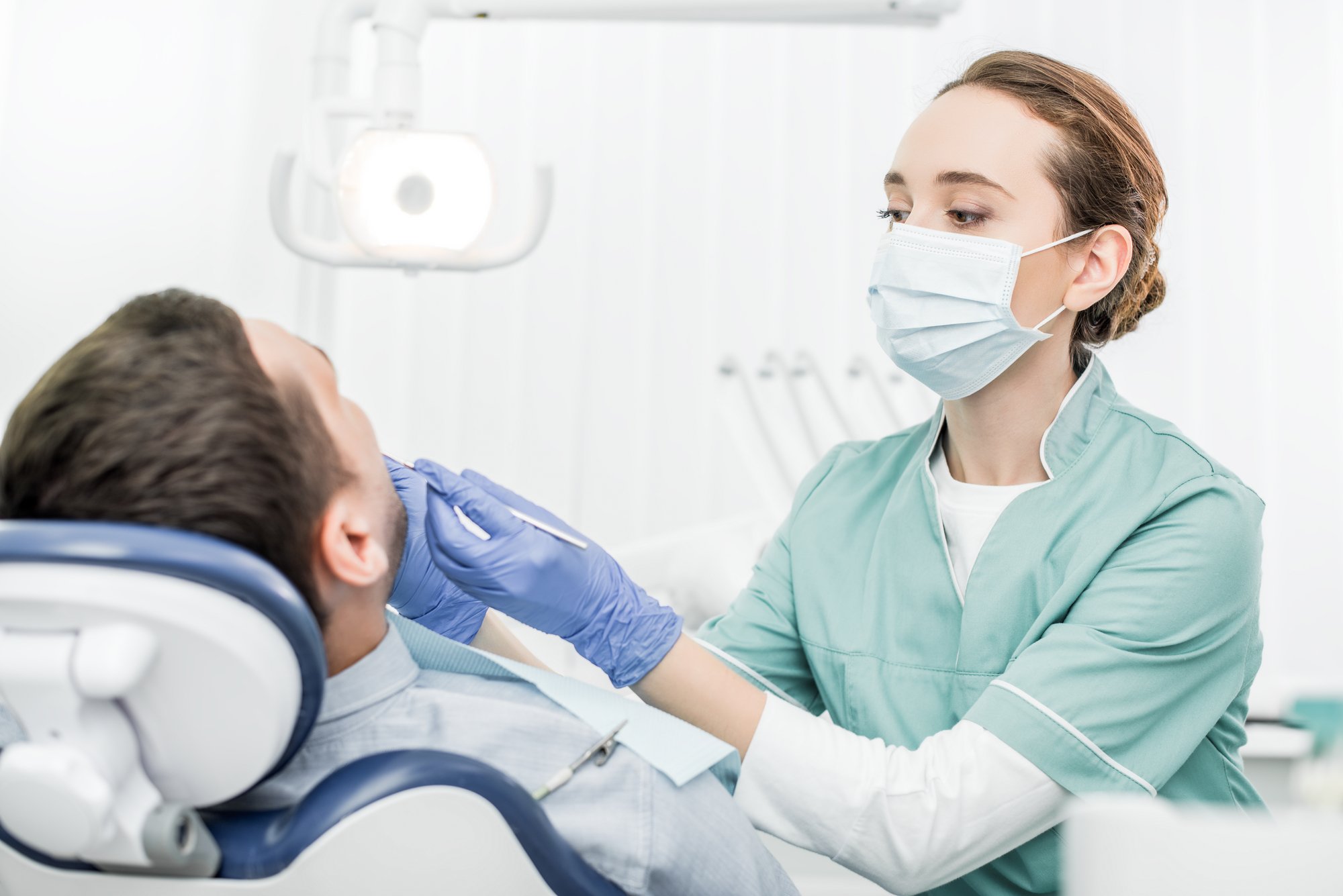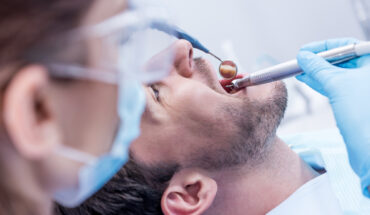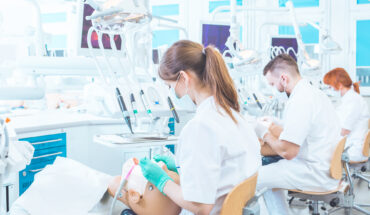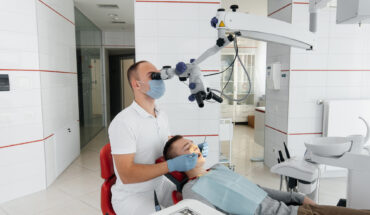
Introduction
With the rising cases of cancer all around the world, it’s no surprise that unusual dental cancers are on the rise. We’ve all heard about the dangers of smoking and drinking alcohol, but many people do not realize that even mouthwash can be a hazard to your health. In this article, we will explore why mouthwash can increase your chances of developing uncommon forms of oral cancer. We’ll also uncover the link between common ingredients found in most kinds of store-bought mouthwashes and their potential to cause harm when used too frequently. Finally, you’ll find some natural alternatives to help keep your teeth and gums healthy without risking your overall health.
The Different Types of Mouthwashes
There are three main types of mouthwash: antibacterial, fluoride, and therapeutic. Antibacterial mouthwashes kill the bacteria that cause plaque and gingivitis. Fluoride mouthwashes help to prevent tooth decay by strengthening the enamel of the teeth. Therapeutic mouthwashes are used to treat conditions such as bad breath or canker sores. Some mouthwashes contain alcohol, which can cause dryness of the mouth, irritation, and other problems.
The Dangers of Mouthwash
Mouthwash is a common household product that many people use daily. However, what most people don’t realize is that mouthwash can actually be quite dangerous. Here are some of the dangers of mouthwash:
1. Mouthwash can contain alcohol. Alcohol is a drying agent and can actually increase the risk of cavities by making the mouth more susceptible to bacteria.
2. Mouthwash can also contain chlorine. Chlorine is a bleach and can actually damage the delicate tissues in your mouth.
3. Some mouthwashes also contain fluoride. While fluoride is good for your teeth, it can be harmful if you swallow it. Fluoride is a toxic chemical and can cause stomach upset and vomiting if ingested in large amounts.
4. Mouthwash can also irritate the lining of your mouth and throat, causing inflammation and pain.
5. Finally, using mouthwash too often can actually lead to dependency, as your body gets used to the chemicals in the product.
Poor Dental Hygiene Risk Of Oral Cancer
The link between poor dental hygiene and oral cancer is well-established. Poor dental hygiene allows harmful bacteria to accumulate in the mouth, which can lead to inflammation and may eventually lead to the development of cancerous cells.
Mouthwash is a commonly used product that claims to improve oral hygiene, but recent studies have shown that certain ingredients in mouthwash can actually increase the risk of developing oral cancer. One such ingredient is alcohol, which can dry out the mouth and damage the tissue lining the inside of the mouth. Another ingredient, propylene glycol, has been linked to an increased risk of cancer in animals.
While more research is needed to confirm the link between these ingredients and cancer, it is clear that poor dental hygiene is a major risk factor for oral cancer. If you are concerned about your risk of developing oral cancer, be sure to practice good dental hygiene and avoid using mouthwashes that contain these potentially harmful ingredients.
How to Maintain Good Oral Health
Maintaining good oral health is essential for preventing dental cancers. However, many people are unaware that mouthwash can actually be a hazard to their oral health.
Mouthwashes that contain alcohol can dry out the mouth, which can lead to an increased risk of tooth decay and other oral problems. Furthermore, mouthwashes that contain fluoride can also be harmful to the teeth if used excessively. It is important to consult with a dentist or medical professional before using any type of mouthwash, especially if you are concerned about your oral health. One way to quickly improve your smile with zoom teeth whitening, its has been proven and effective.
How to Avoid the Dangers of Mouthwash
Mouthwash is a common household product that many people use daily. However, what most people don’t know is that mouthwash can actually be quite dangerous. Here are a few ways to avoid the dangers of mouthwash:
1. Do not use mouthwash for more than 30 seconds at a time.
2. Spit out the mouthwash after swishing it around in your mouth. Do not swallow it.
3. Avoid using alcohol-based mouthwashes. These types of mouthwashes can dry out your mouth and make you more susceptible to oral infections.
4. Choose a natural or fluoride-free mouthwash instead. There are many safe and effective options available on the market today.
5. Be sure to talk to your dentist before using any type of mouthwash, especially if you have any underlying dental or medical conditions.
Conclusion
As we have seen, there is a clear link between mouthwash and the development of dental cancers. Although more research needs to be done in this area, it is best to err on the side of caution when using these products. Be sure to only use them as directed by your dentist or physician and keep an eye out for any unusual symptoms that may indicate something could be wrong as the demand growth in dental services in 2023 is going up. By taking simple steps like these, you can make sure that you are doing all you can to protect your oral health and reduce your risk of developing unexpected dental cancers.




